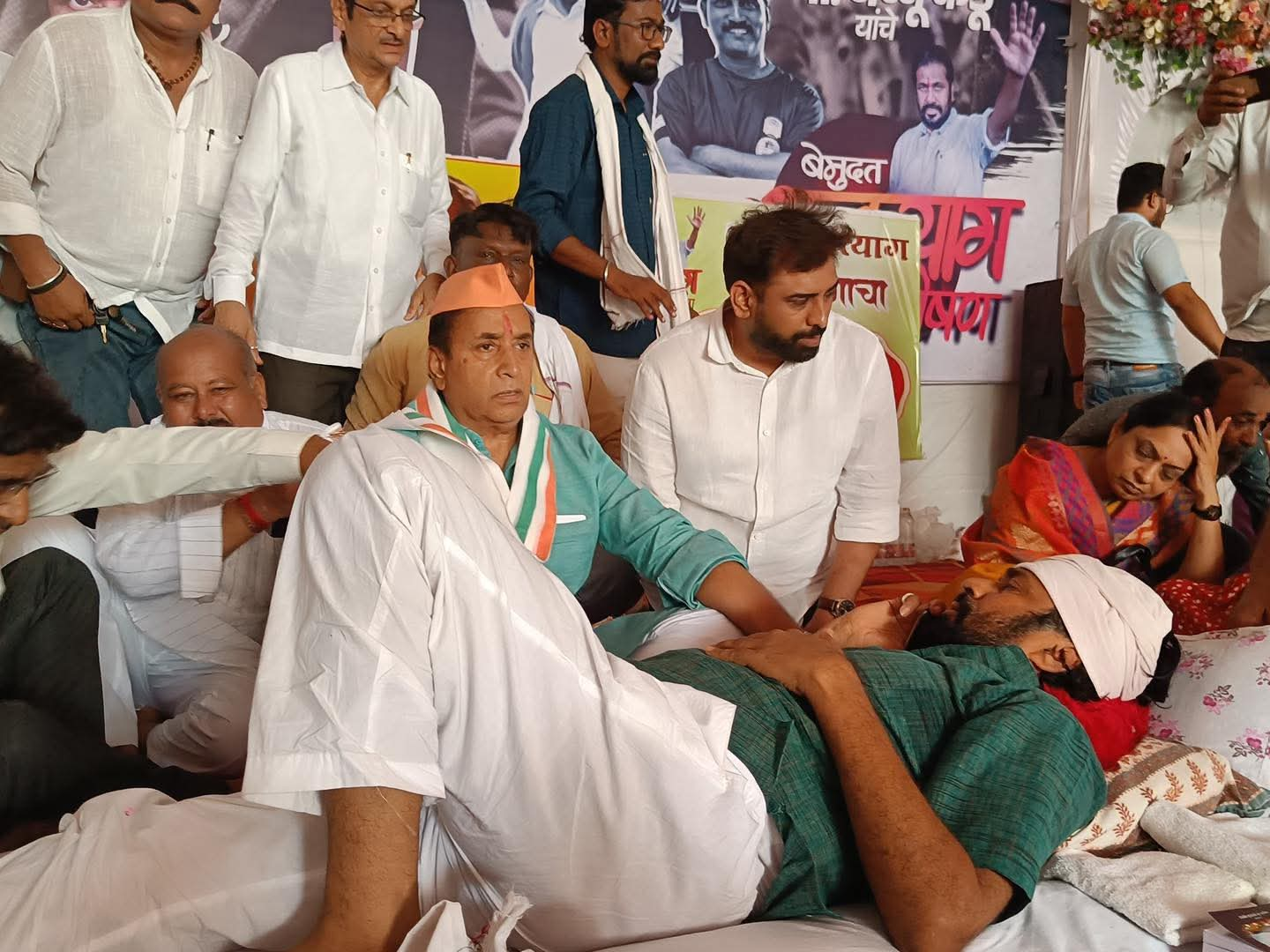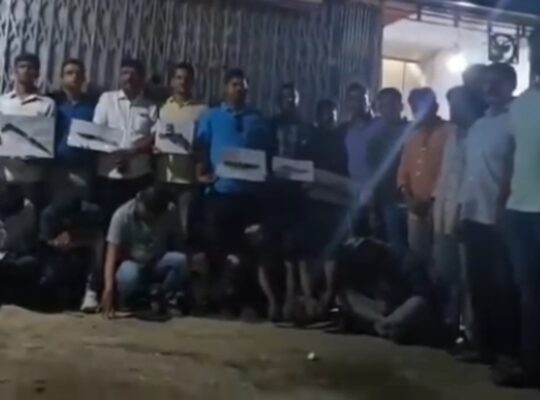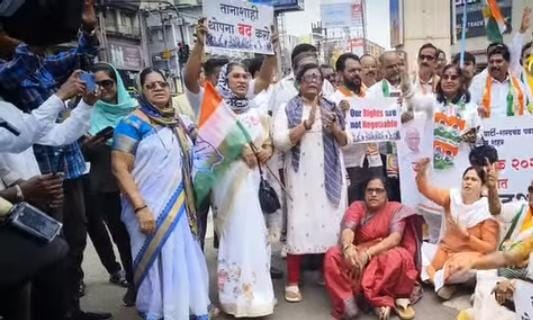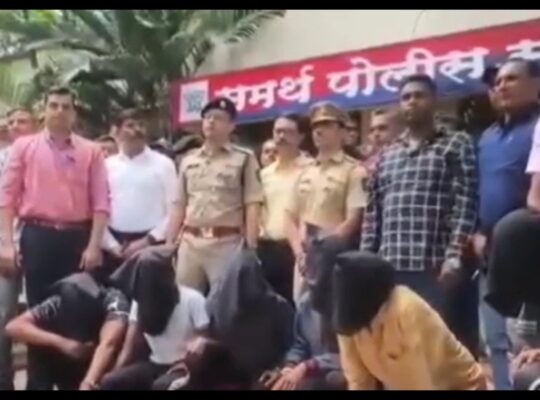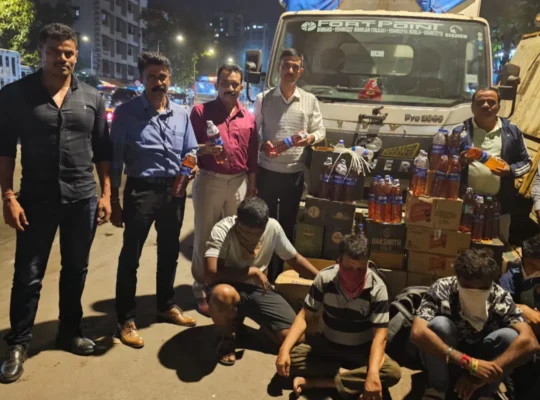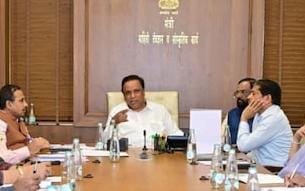Gurukunj (Mozari), Amravati – June 13, 2025:
Prahar Janshakti Party leader and former MLA Bachchu Kadu has intensified his indefinite hunger strike after negotiations with the Maharashtra government failed for the fourth consecutive day. Kadu, who launched the protest on June 8 at Gurukunj in Amravati district, is demanding urgent intervention on a series of farmer-related issues, including immediate loan waivers and fair minimum support prices.
The collapse of talks has triggered growing support from political leaders and grassroots organizations. NCP MLA Rohit Pawar and prominent farmer leader Raju Shetty have publicly thrown their weight behind Kadu. Shetty, speaking to the press, issued a stern warning to the state: if action isn’t taken by June 14, a statewide chakka jam (road blockade) will be launched.
Rohit Pawar slammed the ruling Mahayuti coalition, accusing the administration of reneging on its promises to the farming community. He warned that the movement could quickly spread across Maharashtra, especially with civic and assembly elections on the horizon. Pawar emphasized that the government’s failure to engage meaningfully with protesting farmers reflects a dangerous disregard for rural distress.
Raju Shetty added that flawed policy decisions—particularly export rebates on palm oil—have led to plunging soybean prices, further burdening Maharashtra’s already struggling agricultural sector. He also pointed out that key announcements such as farm loan waivers remain unfulfilled. “We are losing nearly eight farmers to suicide every day. How many more deaths will it take before the government wakes up?” Shetty asked.
As Kadu’s health reportedly deteriorates, his protest has become a focal point for simmering rural discontent in Maharashtra. With the monsoon around the corner and the state assembly session scheduled to begin at the end of June, the agitation could become a major flashpoint, testing the government’s political will to address one of the most pressing agrarian crises in the country.

